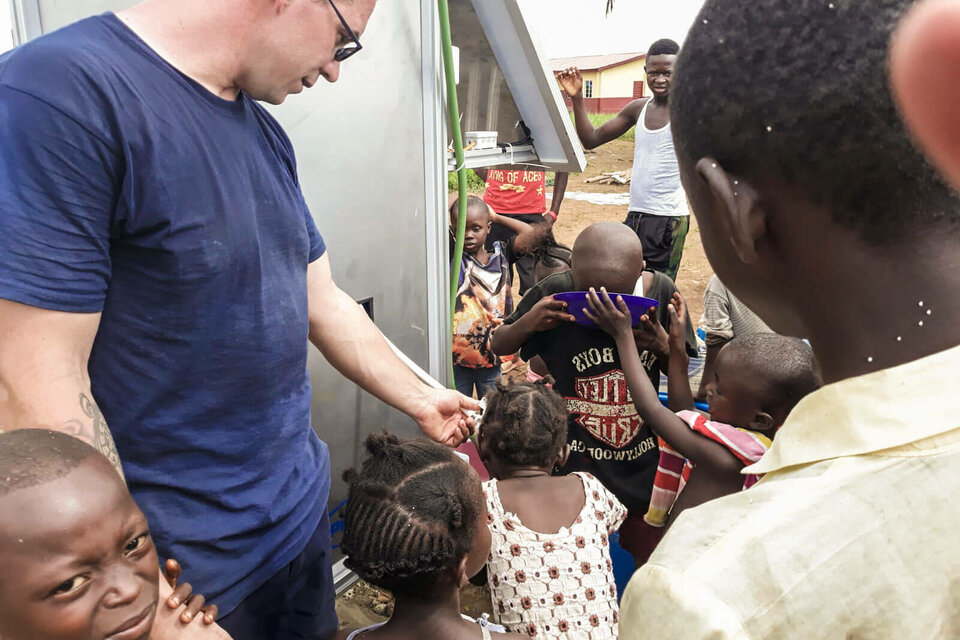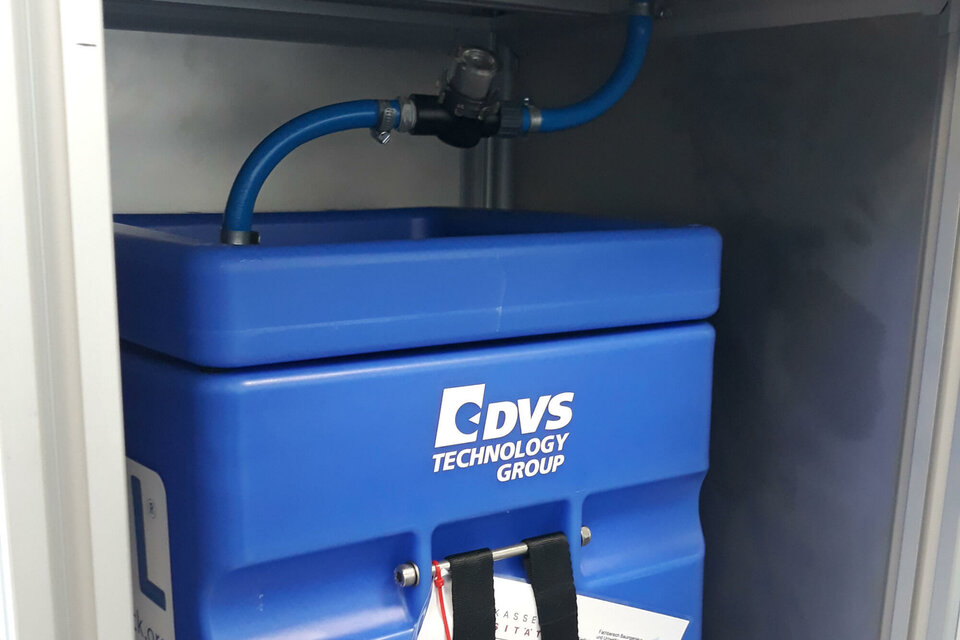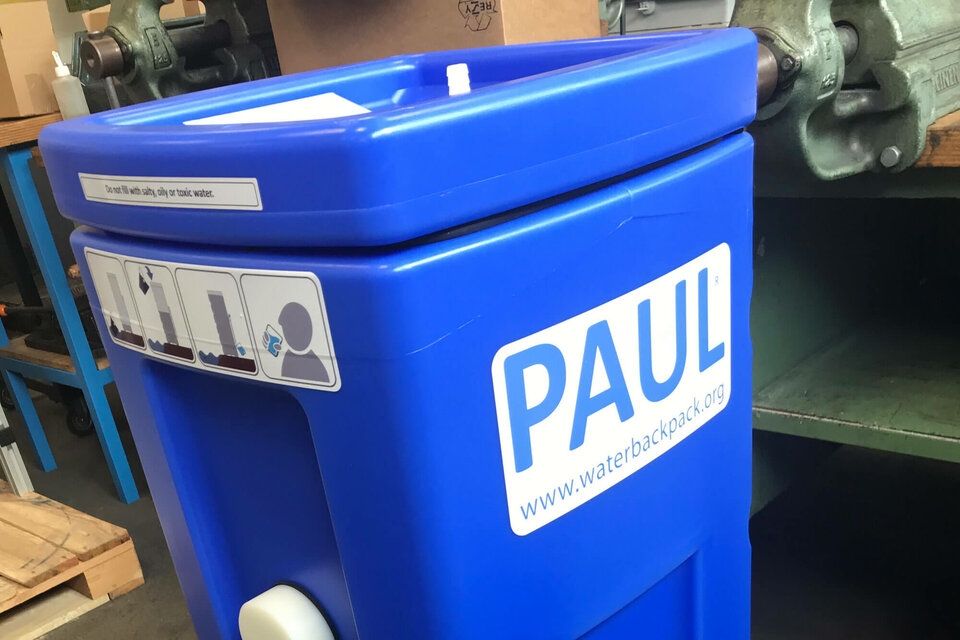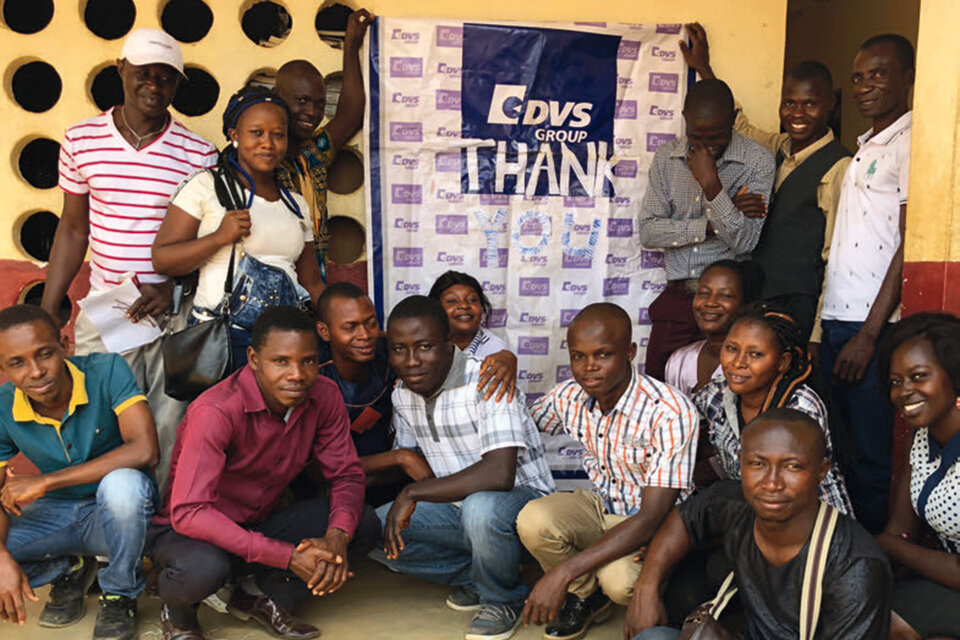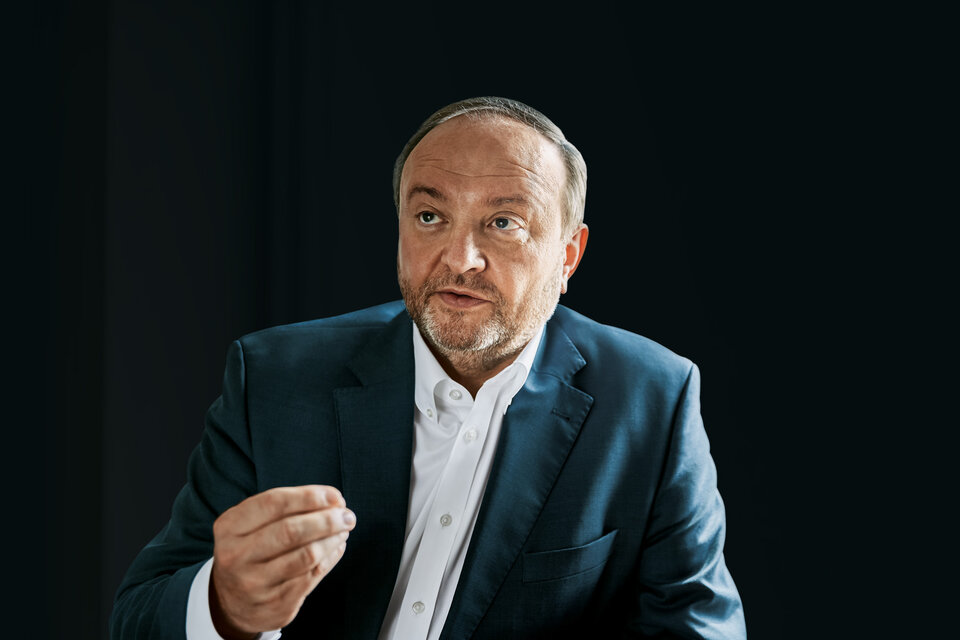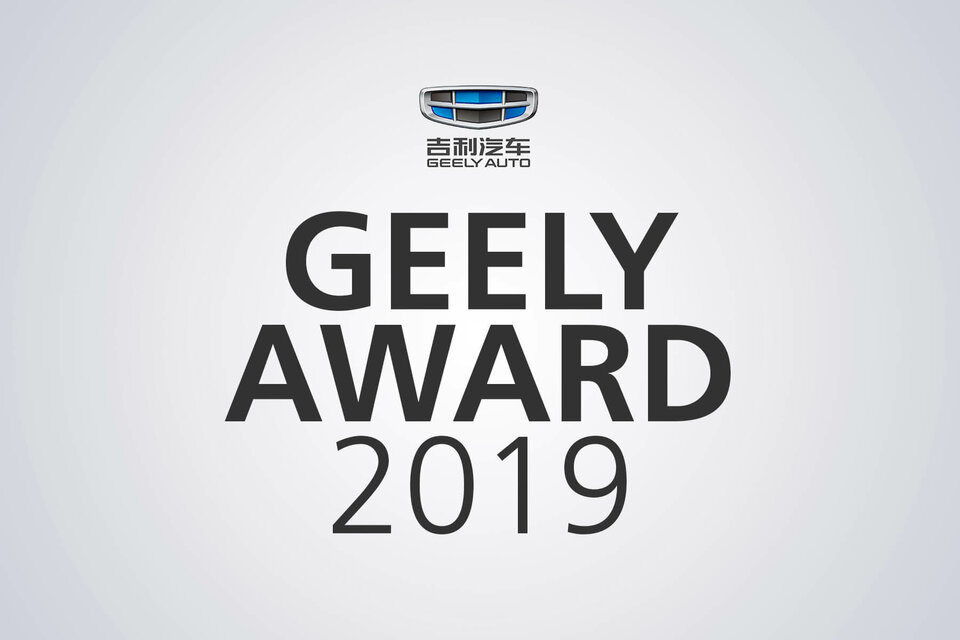How two trainees of the DVS Technology Group helped to improve the living conditions in Sierra Leone.
Since 2010, access to drinking water has been a human right. But what was laid down at the United Nations General Assembly almost ten years ago is still not a matter of course. Especially not in countries like Sierra Leone, which with a gross domestic product of USD 515 per capita (cf. GDP per capita in Germany 2018: 47,603 UDS) is one of the poorest countries in the world. According to the WHO and UNICEF, only just over half of the people in Sierra Leone have access to a basic water supply that provides them with regular water. Whether the water from these sources has drinking water quality cannot be determined from the statistics, but in many cases it is unlikely.
PAUL provides clean water
As this situation is unfortunately not uncommon in Sierra Leone and other developing countries, the University of Kassel developed the water filter unit PAUL under the direction of Prof. Dr.-Ing. The robust blue hard plastic box, which weighs only 20 kg, was originally designed for disaster relief operations. The technology is very simple: A membrane filter inside the box filters all particles larger than 40 nanometers from the supplied water. For comparison: a human hair has a thickness of about 10,000 nanometers. PAUL even filters cholera viruses out of water without requiring an electrical connection. Thanks to its high filtration capacity of up to 5,000 liters per day, its independence of power supply and its easy handling and maintenance, the inventors soon realized that PAUL is a good solution for clean water not only in the event of disasters. Today, PAUL is in operation at 3,000 locations in more than 80 countries around the world and supplies clean drinking water to about one million people.
DVS takes action
PAUL's media attention also reached the responsible persons of the DVS TECHNOLOGY GROUP and so the idea was born to call out a competition for trainees together with the NGO PfefferminzGreen e.V. among the member companies. Two trainees from the group of companies came together to install PAUL water filters in two PeppermintGreen projects in Sierra Leone and to help in the school supported by DVS: Jessica Sauerwein, trainee industrial ceramist at NAXOS-DISKUS, and Sebastian Schlarbaum, who completed his training as industrial mechanic at PRÄWEMA Antriebstechnik.
Bundled helpfulness
In addition, a construction was designed and built in the PRÄWEMA training workshop that protects PAUL and increases its output and simplifies its use through a direct well connection, a water basin and the connection of a pump driven by a solar field. The employees of the DVS companies also donated numerous school materials, musical instruments and toys, which were sent by sea to the West African country together with the water filters and the supplementary construction.
A benefit for all involved
At the beginning of November 2018, our two trainees made their way to Freetown, the capital of Sierra Leone, with intensive preparations. From Freetown, they set off for the small village of Rolal in the north of the country together with the box that had meanwhile arrived at the port. There, there is an orphanage built by PfefferminzGreen as well as the school, which was also built by the Frankfurter Verein and has been financially supported by the DVS TECHNOLOGY GROUP for several years. The school also has a well system which supplies the school and also the only toilet facility in the village with water. The ideal location for PAUL and its extension, which Jessica and Sebastian installed together with the villagers in the following days. Another PAUL was installed in a remote village without sanitary infrastructure. A real benefit for the villagers. Besides the water filters, the trainees supported the school and gave music lessons on the side.
At the end of their trip, the two trainees were able to get to know the country a little better during a round trip. With many positive impressions, formative memories, and the knowledge of how to prepare the traditional dish with cassava tubers, Jessica and Sebastian returned to wintry Germany.


